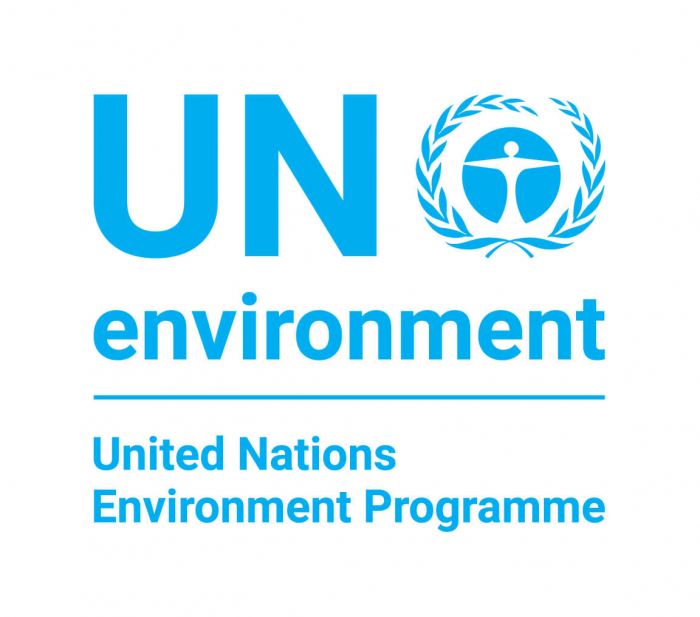The UNEP official said that as stated by the Secretary-General and the High Commissioner for Human Rights, it is of crucial importance that all obligations under international humanitarian law be upheld to protect civilians and civilian infrastructure anywhere.
“We echo the United Nations’ call for an urgent cessation of hostilities and a return to peaceful conditions to prevent any further environmental damage,” the UNEP said.
Armenian Armed Forces launched a large-scale military attack on positions of Azerbaijani army on the front line, using large-caliber weapons, mortars and artillery on Sept. 27. Azerbaijan responded with a counter-offensive along the entire front. Currently, Azerbaijan continues the liberation of its territories from Armenian troops.
Back in July 2020, Armenian Armed Forces violated the ceasefire in the direction of Azerbaijan's Tovuz district. As a result of Azerbaijan's retaliation, the opposing forces were silenced. The fighting continued the following days as well. Azerbaijan lost a number of military personnel members, who died fighting off the attacks of the Armenian Armed Forces.
The conflict between the two South Caucasus countries began in 1988 when Armenia made territorial claims against Azerbaijan. As a result of the ensuing war, Armenian Armed Forces occupied 20 percent of Azerbaijan, including the Nagorno-Karabakh region and seven surrounding districts.
The 1994 ceasefire agreement was followed by peace negotiations. Armenia has not yet implemented four UN Security Council resolutions on the withdrawal of its armed forces from Nagorno Karabakh and the surrounding districts.
More about: #UNEP #NagornoKarabakh
















































